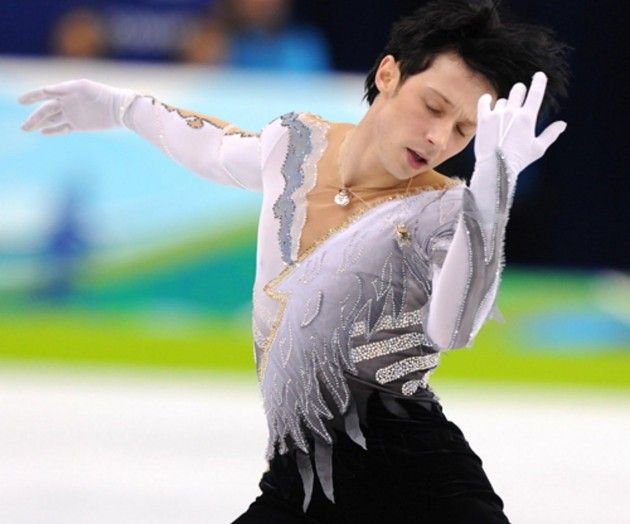Olympic Controversy Ends
Imagine a figure skater competing in the 2014 Sochi Olympics in Russia. She skates out onto the ice and when the music starts playing, she spins, twirls and jumps flawlessly, harmonizing exactly with the music; when she finishes, the crowd erupts. She proudly skates back to her bench and waits for the results. When she wins the gold medal, in a moment of hysteria, she turns to her female partner and gives her a kiss.
How does this story end? Well, before this week it seemed Russia was ready to persecute anyone who expressed their homosexuality during the Olympics. A new law signed by Vladimir Putin on June 30th banned any “propaganda of nontraditional sexual relations to minors,” which essentially means in the LGBT community cannot be who they truly are in public. So while Russia does not condemn people for being homosexual, public expression of their homosexuality is strictly forbidden. The punishments for violating this law include a steep fine for Russian citizens. Even worse, non-Russian citizens could potentially face 15 days in jail on top of the steep fine. This means the likely punishment for our figure skater could have been jail time if she was not Russian. However, this week, the issue was resolved thanks to global protest and the United Nations’ persistence. Now, there will be no discrimination against the LGBT community during the 2014 Olympics in Sochi.
The whole LGBT controversy originated when the Olympic Truce was drafted. An Olympic Truce is written every two years and promotes friendly competition and absolute peace at the Olympics. The problem with this particular Olympic Truce is that there was no mention of the inclusion of homosexuals; with the horrendous anti-gay laws in Russia, the LGBT community felt unwelcomed and potentially at risk if they did travel to Sochi. It wasn’t until this week that Russia backed down and revised their Olympic Truce to “promote social inclusion without discrimination of any kind.” Though this is a huge victory for the LGBT community during the Olympics, it has no real long-term effect. When the Olympics end, gays in Russia will not be free to express themselves. Regardless, this would not have been accomplished without worldwide protest of the obvious anti-gay sentiment in Russia.
The “Vodka Dumping Campaign” was one of the more notable protests against the Russian Olympics, kicked off by columnist Dan Savage. Savage called for people everywhere to boycott Russian vodka. Bars across America showed their support for the campaign by dumping all of their Russian-made vodka onto the streets. The movement was so successful that the CEO of one of the boycotted brands, Stolichnaya, made a public statement condemning the law and distancing the brand from Russia. On the homepage of their website in capitalized rainbow print reads, “STOLICHNAYA PREMIUM VODKA STANDS STRONG & PROUD WITH THE GLOBAL LGBT COMMUNITY AGAINST THE ATTITUDE & ACTION OF THE RUSSIAN GOVERNMENT.”
There were also a number of street protests after Russia’s legislation. In Berlin, about 4,000 people flooded the roads with the motto “Enough is enough.” Their goal was to rally the German government and Olympic sponsors to do something about the anti-gay legislation being enforced at the Olympics. Additionally, a website called Change.org made a petition protesting Russian laws and urging companies like Coca-Cola to pull their sponsorship agreement. The petition got more than 200,000 signatures. Even celebrities were getting involved in the protests: singer Cher turned down an opportunity to perform in Sochi because of her disgust for the Russian “propaganda laws.”
Spectators and athletes were ready to boycott the Olympics altogether. However, this form of protest was not widely accepted by everyone; even gay athlete Johnny Weir opposed. His logic was that a protest would only hurt the athletes who have been training their whole lives for these games. Even if some countries boycotted, the Olympics would still continue and the only outcome would be negative for the athletes that boycotted. Despite the mixed attitudes over this particular protest, the other ones generated mass support and participation. However, it was not only the protests that sparked the change in the Olympic Truce; the United Nations spent weeks negotiating and arguing with Russia to change its laws. The LGBT community won a major battle this week and perhaps now we can all just enjoy the Olympics.
Contact Charlie Enberg at [email protected]




